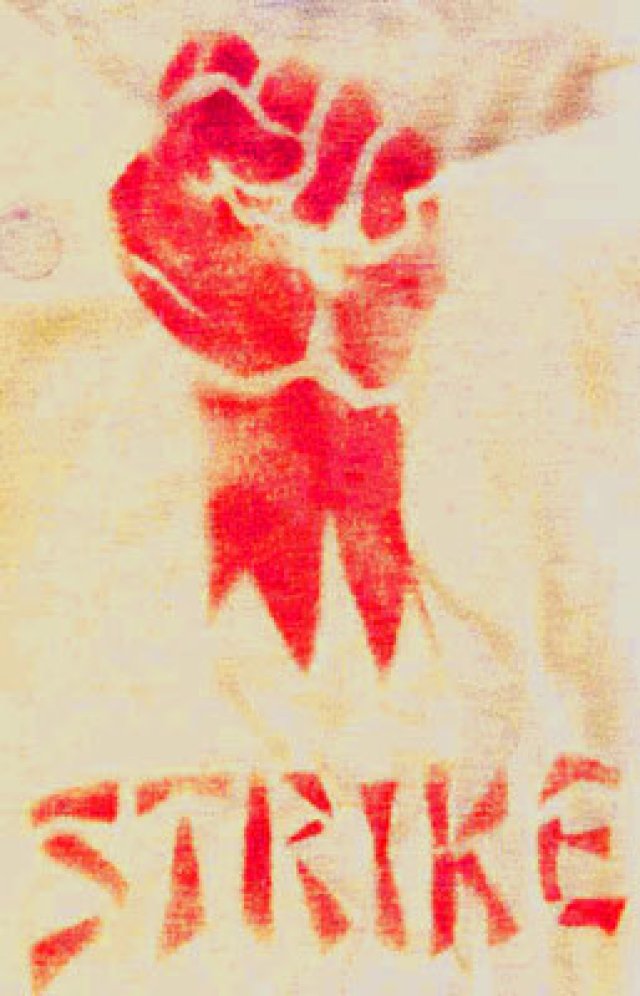
Supporters of the National Campaign for the Right To Strike initiated the sign-on statement below.
* * *
Australian law has never provided for the unrestricted right to strike. The first Australian industrial law, the Commonwealth Conciliation and Arbitration Act of 1904, penalised Australian striking workers with fines and jail sentences.
Before that, Australian workers had to comply with the British Master and Servants Act of 1837, which meant that a worker could face jail if they were absent from work for an hour without permission.
Successive Australian governments, both Liberal and ALP, have sought to restrict the right to strike, in contravention of International Labour Organisation (ILO) principles:
• In 1977, Liberal PM Malcolm Fraser introduced amendments to the Trade Practices Act — now known as the Competition and Consumer Act. These amendments outlawed solidarity strikes and secondary boycotts.
• In the 1980s, under the Hawke ALP government, during the period known as the Accord years, a tripartite agreement between the Hawke Labor government, the Australian Council of Trade Unions and Australian business, resulted in a decline in union power and organisation, which paved the way for further attacks on workers under the Keating government that followed it.
Between 1981 and 1992, the level of unionisation in the workforce fell from 51% to 39.6%. By 1992 the number of work days lost to strikes had dropped to its lowest level in 30 years.
• The Enterprise Bargaining system introduced by Paul Keating’s ALP government in 1993 introduced a limited right to “protected industrial action” and lifted restrictions on industrial action by public servants. But solidarity strikes and secondary boycotts remained outlawed.
• In 1996, the Howard Coalition government introduced the Workplace Relations Act, which put new legal and administrative restrictions on protected industrial action.
• The current ALP government’s misnamed Fair Work Act retains the restrictions on the right to strike and the new Competition and Consumer Act maintains laws against solidarity strikes and secondary boycotts.
The ILO Convention No. 87, Freedom of Association and Protection of the Right to Organise, was adopted in 1948 and ratified by Australia in 1973. It gives recognition to the right of trade unions, as organisations of workers set up to further and defend their occupational interests, and to formulate their programs and organise their activities.
In 1952, the ILO Committee on Freedom of Association declared strike action to be a right and recognised the right to strike to be one of the principal means by which workers and their unions promote and defend their economic and social interests.
But while laws restrict the right of workers to withdraw their labour, employers such as Qantas, Schweppes, Toyota and Sigma can lock out workers or cut jobs with impunity.
The right to withdraw our labour is fundamental to defend wages and conditions. And as the global economic and environmental crises worsen, it will also be necessary to defend jobs against industry closures, and to ensure a just transition to ecologically safe industries.
As the employer class seeks to make workers pay for their crisis by cutting the social wage and attacking living standards, the right to strike will be essential to defending our social services and welfare, public health care, education and housing and to fight off further privatisation.
The lesson of the 1969 Clarrie O’Shea dispute is that a concerted, organised campaign to defy the laws and penal powers of the day can win.
[For more information, or to obtain a copy of a model motion for your workplace or organisation, phone Dave Kerin on 0412 484 094.]
